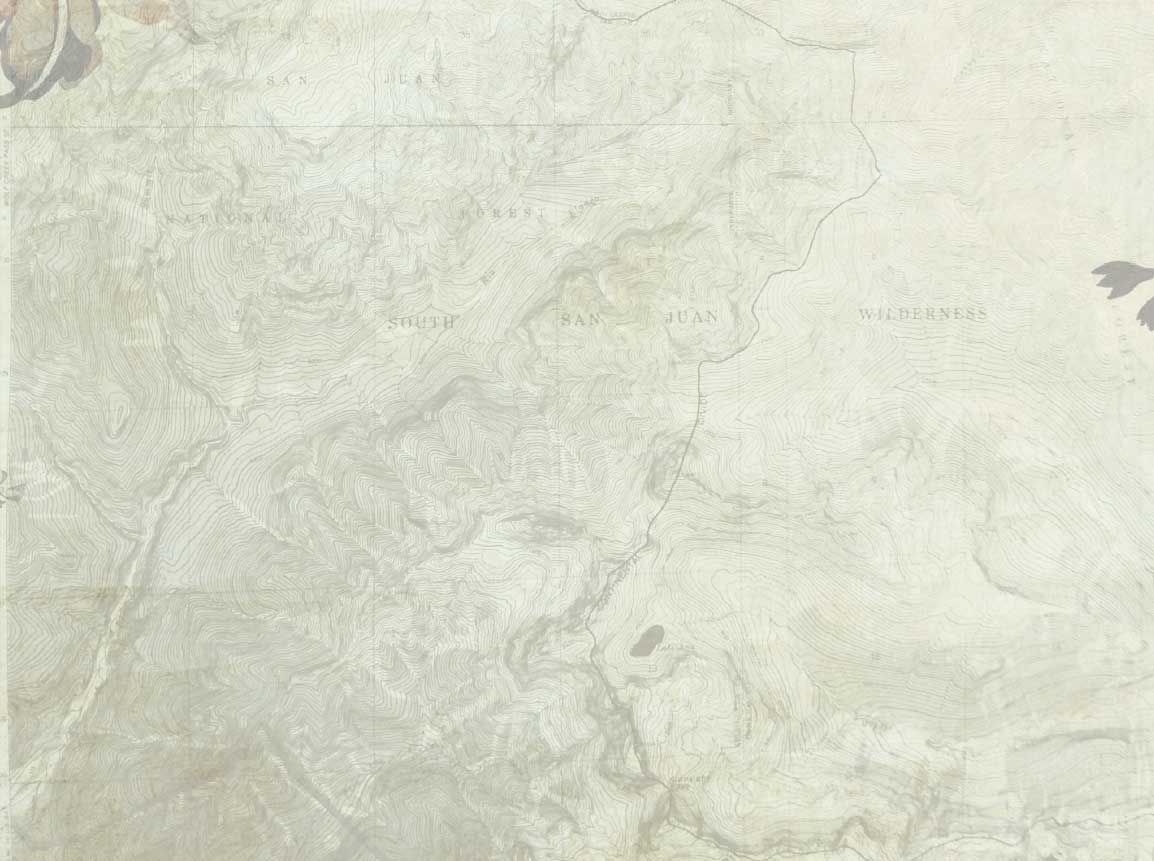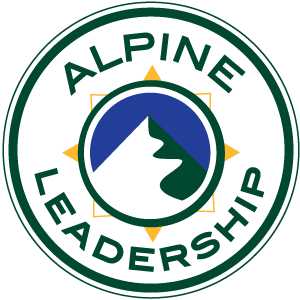The word role derives from the French word rôle, meaning a part played by a person in life. It The word role derives from the French word rôle, meaning a part played by a person in life. It refers to the roll of paper on which the actor’s script was written. When we refer to roles, people most often think first of the role at work. Commonly, we introduce ourselves with our role at work: Hi, I’m Sofia, I’m the Chief Financial Officer at Yoyodyne. Roles can be very useful: I want the doctor to play the role of the surgeon, the pilot to fly the aircraft, the first chair clarinetist to play Mozart’s Clarinet Concerto. They bring specific proficiency and experience to perform well. Roles help avoid chaos and leverage expertise.

Yet, roles are just parts in the play of life. They are just things, sometimes a good thing, other times, not so much. Once a role is demarcated, a person may feel defined by that role. Beth is the Chief Financial Officer and by potential implication, not anything else. This means that roles can carry specific boundaries. I might view Beth only as a finance expert, and not someone who can bring insights into other domains. Reliance on roles can create vertical thinking and close lateral thinking. Are we open to insights on finance from other roles? Are we open to a CFO having insights into customer service? How open to these perspectives outside of demarcations are you?
Not only can roles have us defining others, that they are their role, our own roles may inadvertently become self-defining. Once in a role, I may think only from that perspective. We may conclude that ongoing education should be in the same field as our role. The professional world is replete with this, encouraging people to earn MBAs, PhDs, and domain specific certifications. This often is rewarded by making opportunities available to people externally certified as expert in a role. This can be a trap, of course summarized this way: I learn more and more, about less and less, until I eventually know everything about nothing. Not only can roles have us defining others, that they are their role, our own roles may inadvertently become self-defining. Once in a role, I may think only from that perspective. We may conclude that ongoing education should be in the same field as our role. The professional world is replete with this, encouraging people to earn MBAs, PhDs, and domain specific certifications. This often is rewarded by making opportunities available to people externally certified as expert in a role. This can be a trap, of course summarized this way: I learn more and more, about less and less, until I eventually know everything about nothing.
How do you look for and support people having opportunities outside of their roles? How do you make space for novices to provide insights? Where do you seek out education and activities outside of your expertise? Learning something new has been shown to grow and increase the wiring in brain, so it is like a mental gym. The same is true about being active in areas completely outside of any established role we play in life. It reminds us of the humility and excitement of being a novice, and generates new perspectives in leadership.

